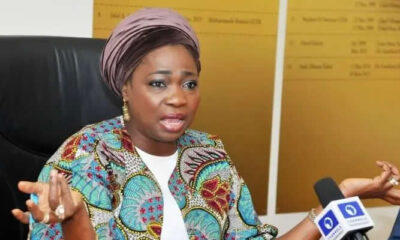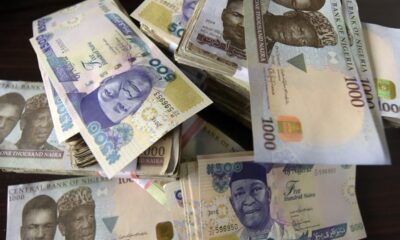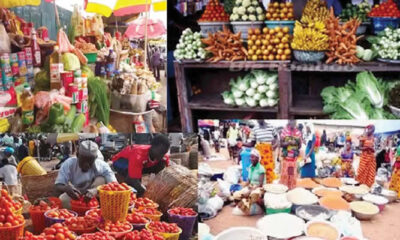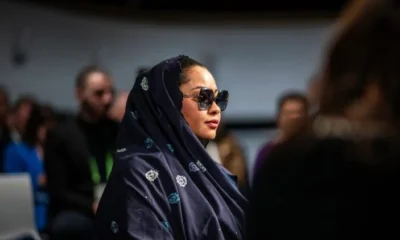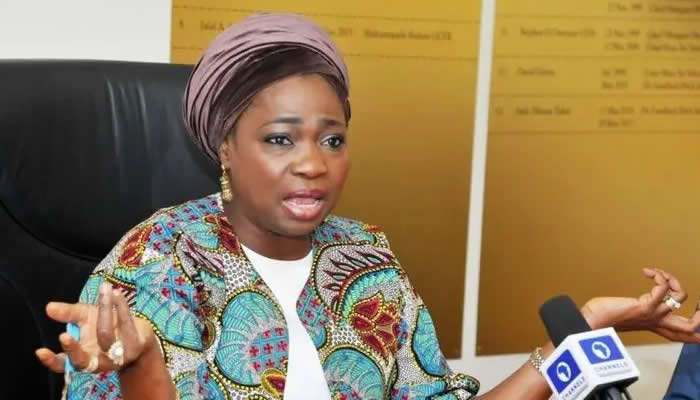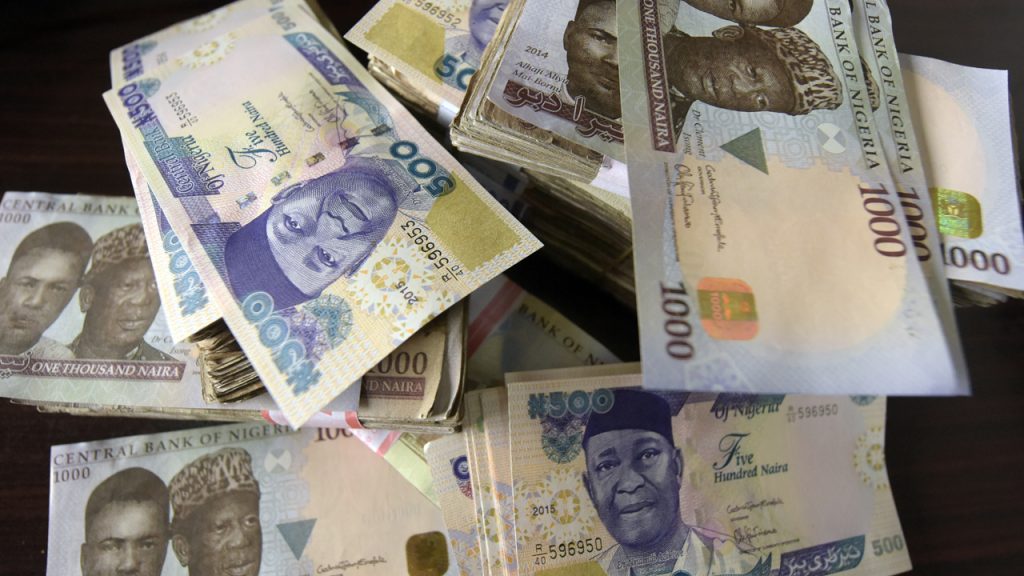The Nigerian naira on Monday gained ground against the United States dollar, breaking below the ₦1,500/$ barrier for the first time in over six months. Figures from the Central Bank of Nigeria showed the currency closed at ₦1,497.46/$, an improvement on the previous rate of ₦1,501.49/$, representing a 0.27 per cent appreciation.
The last time the naira traded under ₦1,500/$ at the official market was between February 24 and March 4, 2025. The recent rebound follows a week where the local currency hovered around that mark, with intra-day trades mostly above ₦1,500/$.
The positive movement was also seen in the parallel market, where the naira rose by 0.33 per cent to close at ₦1,535/$, according to data from CardinalStone Research.
Market trackers noted that the naira advanced by 0.98 per cent week-on-week to end at ₦1,501.50/$ at the official window, while the parallel market posted a 0.33 per cent gain at ₦1,535/$.
A report by Coronation Weekly Update highlighted that the official exchange rate closed the week at a ₦35.50 or 2.23 per cent premium compared to the parallel market rate, showing the gap between both markets has continued to narrow.
The report also indicated that total foreign exchange inflows into Nigeria reached $550.90 million last week, slightly lower than the $567.20 million recorded in the preceding week.
Foreign portfolio investors accounted for the bulk of the inflows with $303.8 million, or 55.15 per cent. Exporters contributed 17.61 per cent, non-bank corporates 17.57 per cent, other corporates 4.32 per cent, foreign direct investments 3.39 per cent, the CBN 2.36 per cent, and individuals 0.60 per cent.
Analysts attributed the naira’s appreciation to strong foreign portfolio inflows, robust external reserves, and sustained interventions from the central bank.
AIICO Capital observed that abundant dollar liquidity from portfolio investors, oil exporters, and offshore flows created a stable market tone throughout the week.
“The FX market is expected to retain its stability, buoyed by CBN policy measures and government fiscal actions to maintain sufficient liquidity,” analysts at the firm stated.
Cowry Asset Management also noted that the naira’s rebound was driven by steady inflows, CBN interventions, and growing reserves, but cautioned that speculative activities could still spark volatility.
“We expect the naira to maintain its upward trend in the near term, anchored on dollar inflows, central bank interventions, and stronger reserves. Nonetheless, speculative trades may reintroduce pressure,” the company said.
Experts forecast that the naira is likely to trade within a narrow range in the short term. Coronation analysts suggested that stability could persist if inflows remain steady and reserves stay healthy but warned that pressure may return should portfolio inflows slow or FX demand rise ahead of the festive season.
Meanwhile, Nigeria’s gross external reserves climbed to $41.69 billion as of Friday, reflecting consistent daily accretions. Analysts believe this trend will enhance investor confidence and reinforce the central bank’s stabilisation efforts.
Despite recent gains, experts cautioned that the naira’s resilience depends on deeper structural reforms, diversified foreign exchange sources, and policies aimed at attracting long-term direct investment rather than relying heavily on portfolio flows.
For now, the naira’s recovery below ₦1,500/$ signals renewed market confidence, though its durability will be tested in the coming weeks against external shocks and speculative pressure.

 BIG STORY1 day ago
BIG STORY1 day ago
 BIG STORY4 days ago
BIG STORY4 days ago
 BIG STORY5 days ago
BIG STORY5 days ago
 BIG STORY4 days ago
BIG STORY4 days ago
 BIG STORY4 days ago
BIG STORY4 days ago
 BIG STORY5 days ago
BIG STORY5 days ago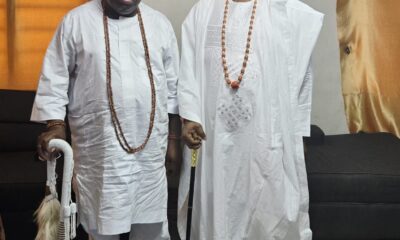
 BIG STORY4 days ago
BIG STORY4 days ago
 BIG STORY1 day ago
BIG STORY1 day ago









